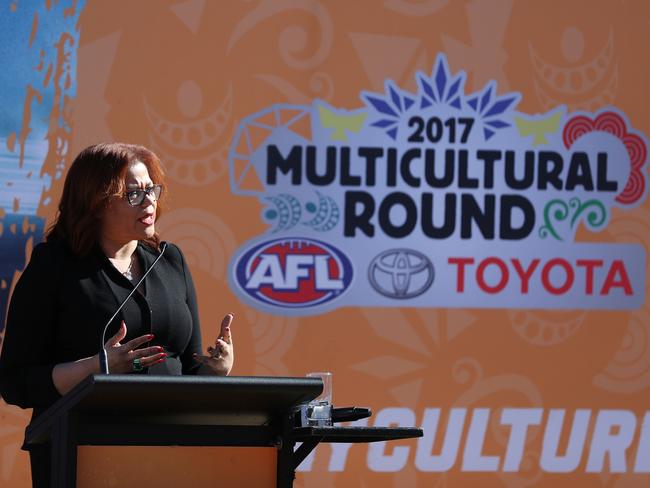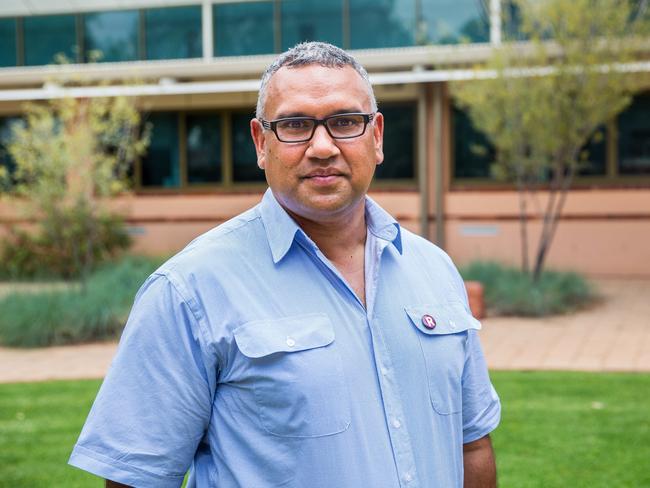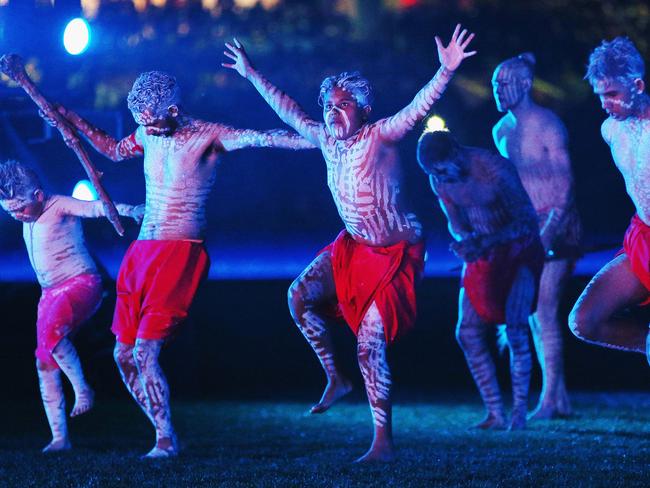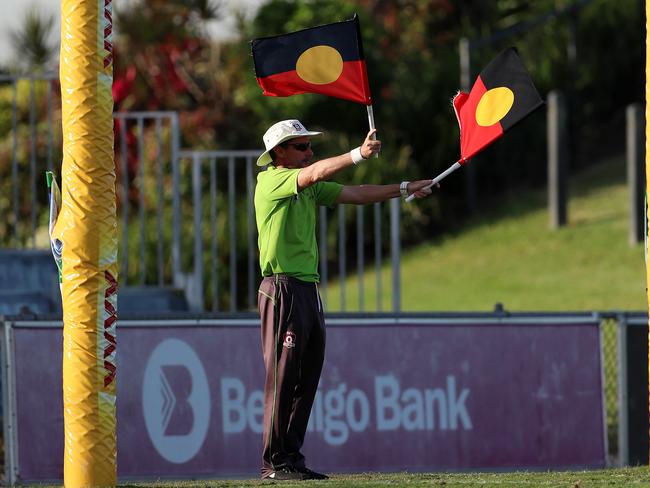Indigenous Recognise campaign ditched after five years
THE Recognise campaign for indigenous constitutional recognition is being quietly abandoned after five years and tens of millions of dollars in funding.
National
Don't miss out on the headlines from National. Followed categories will be added to My News.
THE Recognise campaign for indigenous constitutional recognition is being quietly dropped after five years and tens of millions of dollars in funding, despite calls for a publicity drive to capitalise on the reform model delivered by the Referendum Council.
According to The Australian, Recognise, launched by Julia Gillard in 2012 in response to recommendations from an expert panel, claimed to have won the support of more than 300,000 Australians during a nationwide awareness drive.

It has had major financial and in-kind backing, including from the AFL, NRL and Cricket Australia, as well as millions of dollars annually from the federal government and support from some of the country’s biggest corporations.
Qantas plastered the campaign’s distinctive purple “R” logo on many of its planes but recently removed this marketing after Reconciliation Australia, which has responsibility for Recognise, advised the airline it was dumping the campaign.
Recognise suffered from frequent criticism that, without an actual model to promote, its message was skewed and that it spoke primarily to White Australia without taking account of the aspirations of most indigenous Australians.

Recognise was originally co-directed by former Kevin Rudd campaign manager Tim Gartrell and long-time indigenous advocate Tanya Hosch, although both have now left.
Mr Gartrell, a former ALP national secretary, recently became NSW Labor vice-president, and Ms Hosch joined the AFL as its social policy manager.
Its sole campaign director since Mr Gartrell’s departure has been indigenous leader Mark Yettica-Paulson, with long-time strategic advice given by influential pollster Mark Textor.
Mr Textor is understood to have been unhappy at the outcome of the Uluru Constitutional convention in May, which recommended only a single constitutional change: the creation of an indigenous advisory body to parliament.

This proposal, which was picked up in the final Referendum Council report, was viewed by supporters of “minimalist” reform as less likely to be successful at a referendum than the earlier offering of the expert panel. Some were of the view that any successful referendum, no matter how minimal the change involved, was better than no outcome at all.

The Referendum Council, however, pointed out that its deliberative process, which was based on 13 regional dialogues of 100 Aboriginal and Torres Strait Islander delegates each, was the first time indigenous Australians had been adequately listened to for their views on reform and that they were clear minimalism would never wash.
There are fears that without an ongoing publicity campaign the reform proposals could sink.
This story was originally published in The Australian and is reprinted with permission.


